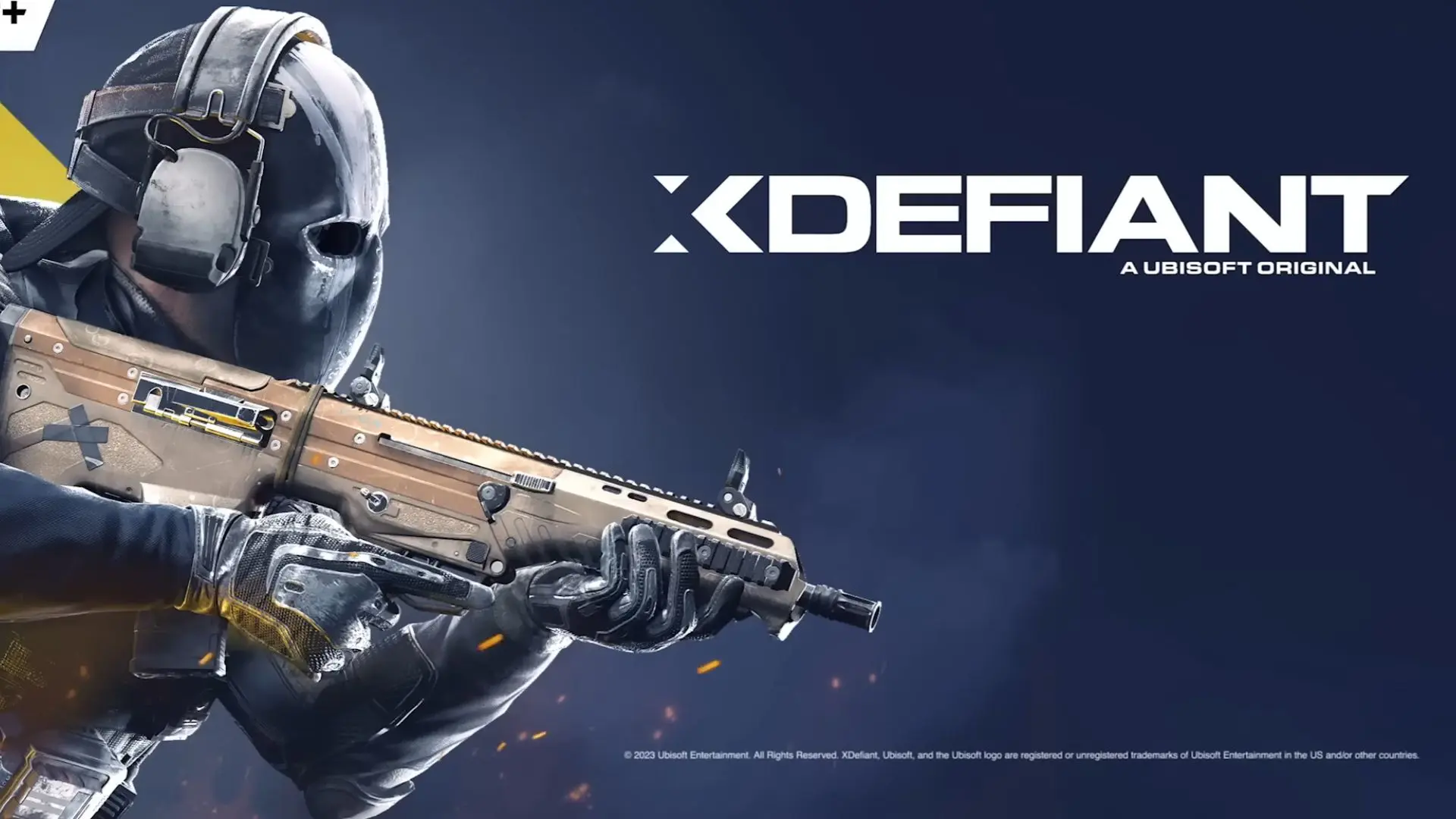
As the gaming industry continues to grow, so does the prevalence of hacks and cheats designed to give players an unfair advantage. XDefiant, a popular first-person shooter developed by Ubisoft, has not been immune to this issue. The rise of XDefiant hacks has sparked significant debate about the ethical and legal implications of using such software. This article explores these implications and examines the broader impact on the gaming community.
The Ethical Dilemma of Using Hacks
The use of hacks in games xdefiant hacks presents a clear ethical dilemma. At its core, gaming is meant to be a fair and competitive activity where players test their skills against one another. Hacks, however, distort this balance, providing users with an unfair advantage that undermines the integrity of the game. Players who resort to hacks are essentially bypassing the effort and skill required to succeed, which is unfair to those who play legitimately.
Moreover, the use of hacks can have a detrimental effect on the overall gaming experience. Players who encounter hackers often feel frustrated and disheartened, which can lead to a decline in player engagement and satisfaction. This, in turn, can harm the game’s community and its long-term success.
From a broader perspective, hacking in games like XDefiant reflects a willingness to engage in dishonest behavior. This can have a ripple effect, as players who cheat in games may be more likely to engage in unethical behavior in other areas of their lives. Promoting fair play and integrity in gaming is therefore not only important for the gaming community but also for fostering ethical behavior more broadly.
Legal Consequences of Using Hacks
In addition to ethical concerns, using hacks in XDefiant can also have legal ramifications. Game developers like Ubisoft invest significant time and resources into creating and maintaining their games. Hacks and cheats not only undermine their efforts but can also lead to financial losses. As a result, many developers have taken legal action against individuals and organizations that create, distribute, or use hacks.
For instance, players caught using hacks can face penalties such as permanent bans from the game. This can be particularly severe for those who have invested significant time and money into their gaming accounts. Beyond in-game penalties, some developers have pursued legal action against hackers, resulting in fines and other legal consequences.
Additionally, the distribution of hacks often involves violating the terms of service agreements that players accept when they start playing a game. These agreements typically prohibit the use of unauthorized software and modifications. Violating these terms can lead to legal action from the developers, further emphasizing the risks associated with using hacks.
Combating the Issue: A Collaborative Effort
Addressing the issue of XDefiant hacks requires a collaborative effort between developers and the gaming community. Developers like Ubisoft are continually working to improve their anti-cheat systems and detect hacks more effectively. These efforts include regular updates to security protocols, sophisticated detection algorithms, and prompt action against offenders.
The gaming community also plays a crucial role in combating hacks. Players are encouraged to report suspicious activity, helping developers identify and address issues more quickly. Additionally, fostering a culture of fair play and respect within the community can discourage the use of hacks and promote a more positive gaming environment.



